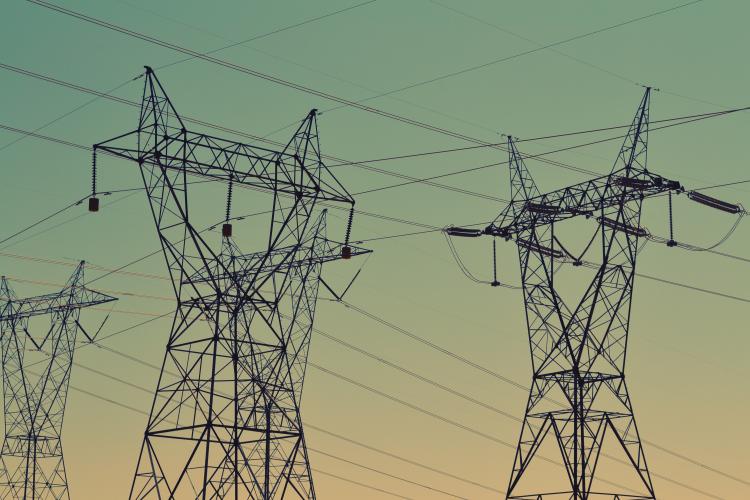
The MPSC’s IRP Authority
One big story coming out of the Michigan energy package enacted this past December is the significant authority given to the Michigan Public Service Commission (MPSC) on a number of critically important facets of energy policy analysis, administration and implementation.
The MPSC’s new IRP process (PA 341 Section 6t) is one of numerous changes to Michigan’s energy administration and planning framework enacted at the end of 2016. The IRP will serve as the utilities’ short-, medium- and long-range supply-side and demand-side energy capacity planning process. This planning process will work alongside the annual energy waste reduction requirements to bolster the state’s energy savings and economic impacts. The new laws (PA 341 and 342) position Michigan as a regional leader and will move the state forward on clean energy investment, including energy waste reduction in particular.
An Opportunity to Shape the Process
This week, the MPSC will hold a meeting to initiate the newly-enacted integrated resource plan (IRP) assessment process. The meeting on March 10 will initiate discussions amongst the various stakeholders, during which interested parties will form working groups to shape the eventual utility IRP filing process. The MPSC’s IRP assessment is required in order to provide utilities with the necessary assumptions and modeling scenarios they will need to file their IRPs.
MEEA will be in attendance on March 10, and we look forward to participating in the IRP stakeholder process to ensure energy efficiency is valued as a resource on equal footing with other generation.
The initial meeting will be held on Friday March 10, at 9:30am at the Michigan Library and Historical Center, 702 W Kalamazoo St, Lansing, MI 48915, in the Forum Room. For those unable to attend on March 10, the MPSC intends to provide further information at www.michigan.gov/energy and at www.michigan.gov/mpsc, including ways for stakeholders to become involved, in the coming weeks.
Background on New Energy Laws
On December 21, 2016, Governor Snyder signed into law a comprehensive energy bill package (PA 341/PA 342) that the Michigan legislature passed on December 15, 2016, the very last day of its “lame duck” fall session. At present, the laws bring to a close the debate that began in early 2015 with a proposal for full repeal of the mandated electric and natural gas energy optimization standards.
The new laws will require the Michigan Public Service Commission (MPSC) to initiate a process for, and the utilities to file, three-year integrated resource plans, wherein such plans will serve to compliment the 1% (electric) and 0.75% (natural gas) energy efficiency standards. The law also removes a 2% cap on the rates that utilities can charge customers to pay for energy efficiency programs – a move that will ensure the programs are adequately funded to achieve the required annual targets.
Lastly, numerous mechanisms are now in place to spur utility investment, including: cost-recovery, electric decoupling, financial incentives and tiered shared savings incentives.